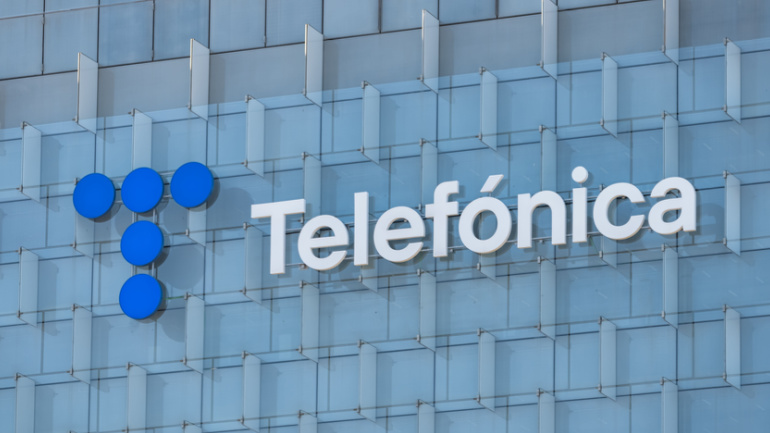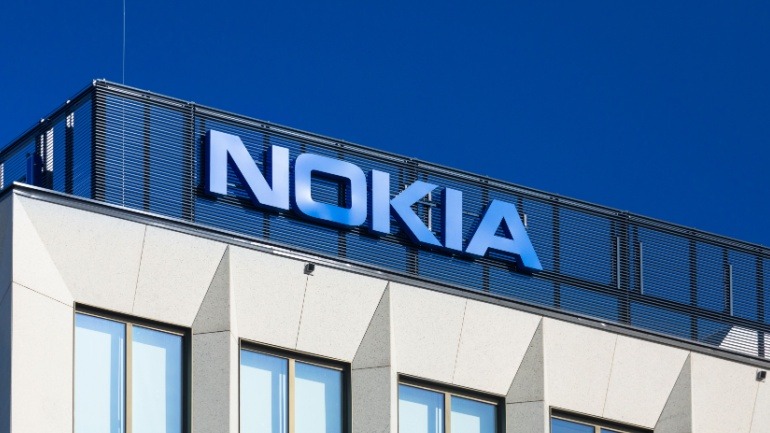The Spanish government appears divided over the intended acquisition of a 9.9% stake in Telefonica by Saudi Telecom, STC. The proposed €2.1 billion investment has met with resistance, including from prominent government officials, shedding light on the complex considerations such a significant share transfer triggers. While Spain reserves the power to halt the transaction, potential repercussions necessitate a delicately balanced decision.
Yolanda Díaz, the second vice president and acting labour minister in Pedro Sanchez’s government, ignited the discussion when she publicly advocated for the STC deal to be halted. This spurred a reaction from first vice president and economy minister, Nadia Calviño, who is currently representing the Covid-afflicted prime minister at the G20 summit in New Delhi.
While Calviño hasn’t explicitly confirmed a possible veto, her statement subtly suggests that the government is considering attaching conditions to the deal. “Spain is a serious country and since we came to power we have reinforced all the mechanisms to defend the interests of our country,” she said. She further highlighted Telefonica’s strategic importance, promising a thorough analysis of the transaction to ensure the protection of their general and strategic interests.
A pivotal issue for the Spanish government in this instance is striking a balance between encouraging foreign investments, protecting Spanish enterprise interests, addressing national security concerns, and addressing the discomfort surrounding the involvement of an autocratic regime in a significant domestic company.
Spanish newspaper El Pais highlights several mechanisms that could be utilized by the government, including blocking the deal outright, although with STC engaging Spanish advisors to avoid a veto, such an action seems unlikely. A more probable approach might be the imposition of conditions on the deal. This compromise, while avoiding a full-on clash with Saudi Arabia and potential foreign investors, could stir up political tension with Diaz’s Sumar party.
An issue of this complexity warrants careful deliberation, thus a swift decision is unlikely. Meanwhile, Vice President Calviño, widely seen as the frontrunner for the upcoming president of the European Investment Bank’s (EIB) role, alongside EU’s Margrethe Vestager, has other matters on her plate.
The prospect of a significant stake in Telefonica being owned by Saudi Telecommunications certainly presents a complex question for Spain. The country must balance the interests of its enterprises, the national economy, and political alliances, ensuring that any decision is in Spain’s best interest. The resolution, however, is not expected imminently, particularly given the intense technical and political discussion this situation necessitates.







